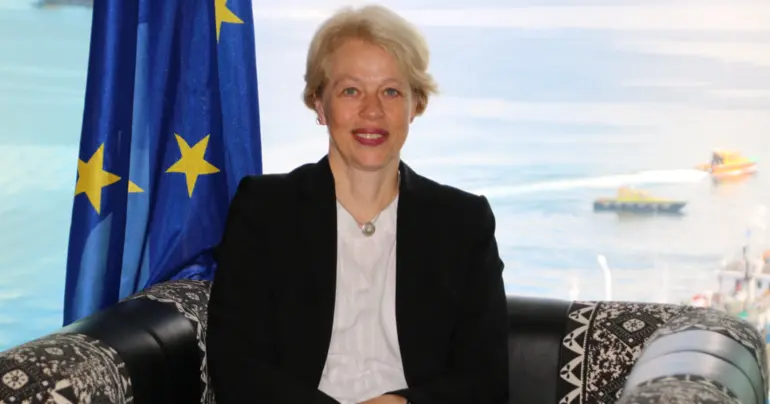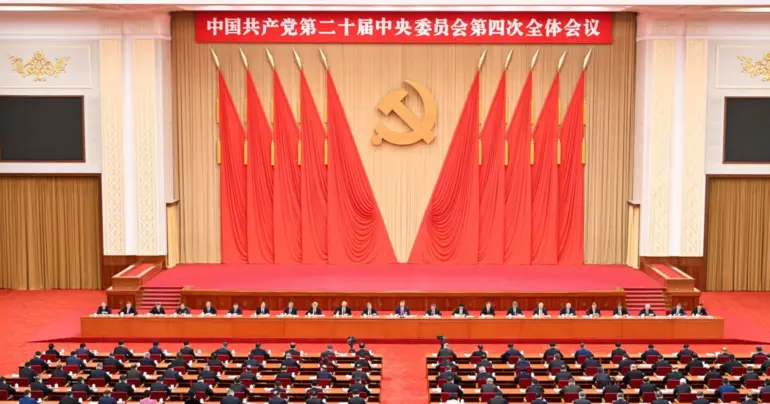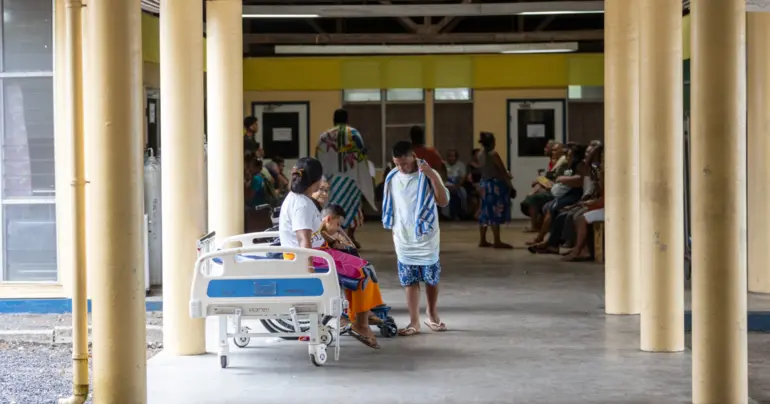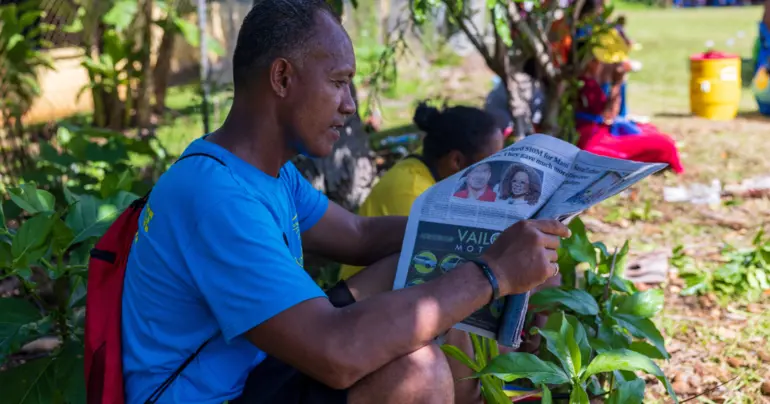Squaring a vicious circle: political party laws in Vanuatu
Vanuatu will witness a referendum on two constitutional amendments designed to strengthen the party system on 29 May 2024. The proposed reforms, passed by parliament in December 2023, seek to tie MPs to political parties, prohibit MPs from remaining independent and reduce the incidence of no-confidence votes. After Vanuatu experienced three different prime ministers in the second half of 2023, and more post-independence changes of government than any other Pacific island country, reformers hope that the 2024 laws will usher in a new era of political stability.
Similar aspirations guided Sir Mekere Morauta’s government in Papua New Guinea (PNG) in 2001 and Derek Sikua’s government in Solomon Islands in 2009, but in both countries the resulting reforms did not work out as expected. The lessons from PNG and Solomon Islands are that, where scope exists, crafty politicians will run rings around such laws.
What difficulties were experienced in PNG and Solomon Islands regarding newly introduced party rules? First, laws were shoddily drafted, leaving gaping loopholes that were easily exploited by unscrupulous parliamentarians. In PNG, MPs adjusted to the new financial incentives by contesting as members of tiny one- or two-member "mosquito" parties. In Solomon Islands, the new rules encouraged many previously party-affiliated MPs to campaign as independents in 2014 and 2019. In Solomon Islands, the important constraint was that normally there was not enough time to register a new party in the period between a general election and the election of the prime minister. So politicians made sure beforehand that there were enough hermit crab shell-like parties on the books to crawl into after the polls.
Second, laws potentially violated those countries’ constitutions. In PNG, key provisions in the Organic Law on the Integrity of Political Parties and Candidates (OLIPPAC) were found to be unconstitutional by the Supreme Court in 2010. These were construed to restrict MPs from performing their constitutional duties and to violate the "freedom of speech, debate and proceedings" provisions of the 1975 constitution. In Solomon Islands, the government led by Gordon Darcy Lilo was unable to pass the necessary constitutional amendments in 2014. The Chief Justice therefore later refused to implement what the reformers had failed to deliver through parliament. In Vanuatu, reforms have been complicated by the fact that the country’s constitution requires that any changes to parliamentary institutions gain a two-thirds majority in parliament followed by a simple majority in a nationwide referendum.
Third, these reforms are often presented to the public and to agencies like the United Nations Development Programme as ways of ensuring political stability -- but they are usually sold to Prime Ministers as cast-iron methods of keeping them in office. Particularly in PNG, successive prime ministers used these party laws – alongside a range of other bureaucratic tools such as long suspensions of parliament and select committees to vet and reject opposition no-confidence motions – to weaken the opposition. What was conceived as a way of strengthening democracy ended up badly undermining it.
In Fiji, the anti-party-hopping laws work better, but that is partly due to the existence of a more robust party system and partly due to the country’s 2013 adoption of an open list proportional representation electoral system in a single nationwide constituency. Laws forbidding MPs from switching parties did not work so well under the earlier system with 71 constituencies each electing a single member. In the 2001 Zinck vs New Labour Unity Party case, the High Court could not decide which of two MPs represented "the party". Similar problems can be expected with the Vanuatu laws if the courts come to adjudicate on internal party democracy.
In theory, astute legal drafters might find some better way to plug all the loopholes and deliver a water-tight legal framework that stops the yo-yo politicians from continually switching sides, but all these various reforms depend on first creating or strengthening what is inevitably a highly politicized constitutional office and then expecting this to act in a non-partisan way. That means squaring a vicious circle.
In Western Melanesia, it is extraordinarily difficult to set up new constitutional offices that carry out their duties in a relatively neutral fashion. That is hard enough with central bank governors or anti-corruption agencies. It becomes even more tricky when newly established or strengthened offices are tasked with making highly political decisions about the internal affairs of political parties.
In Vanuatu’s case, the constitutional amendments greatly empower party presidents and the Speaker of Parliament to make critical decisions about whether MPs have resigned or been expelled in accordance with a party’s constitution, while a 2023 Political Parties Registration Act gives sweeping powers to the Principal Electoral Officer even to vet "the policy platform" of political parties to assess whether these are "of national scope" (Section 9 (1b)). A devious government could easily use this to outlaw parties that want to challenge it, or to get rid of dissidents in coalesced parties. In any case, Vanuatu has no laws forbidding regional parties. The trouble with these provisions is that they presuppose the presence of the very robust party system that they set out to create. If political parties do not have strong internal party democracy, these laws will fail to achieve their stated purpose.
The best that can be hoped for such laws is that they fail to work. The worst that might happen is that they become used by a prime minister to penalize their opponents, thereby paving the way for a more authoritarian style of government. In PNG, the OLIPPAC potentially gave substantial powers to the Registrar of Political Parties and Candidates and to the Speaker. In practice, that office struggled even to de-register so-called "parties" that existed only on paper with no MPs in parliament. Fortunately, OLIPPAC also empowered the Ombudsman which decided, early on, that these laws were likely to fall foul of the Supreme Court. As a result, no MP ever lost his or her seat under the PNG party-hopping legislation.
If Vanuatu’s constitutional amendments do pass on May 29, and MPs are threatened with losing their seats under the proposed laws, expect lots of complex court cases about whether party presidents or speakers have or have not behaved appropriately in accordance with internal party rules.
This article appeared first on Devpolicy Blog (devpolicy.org), from the Development Policy Centre at The Australian National University. Jon Fraenkel is a Professor in Comparative Politics at Victoria University of Wellington.










